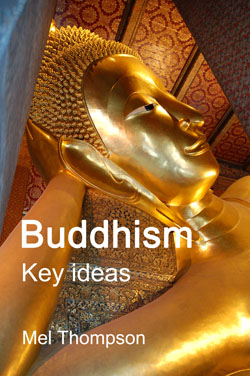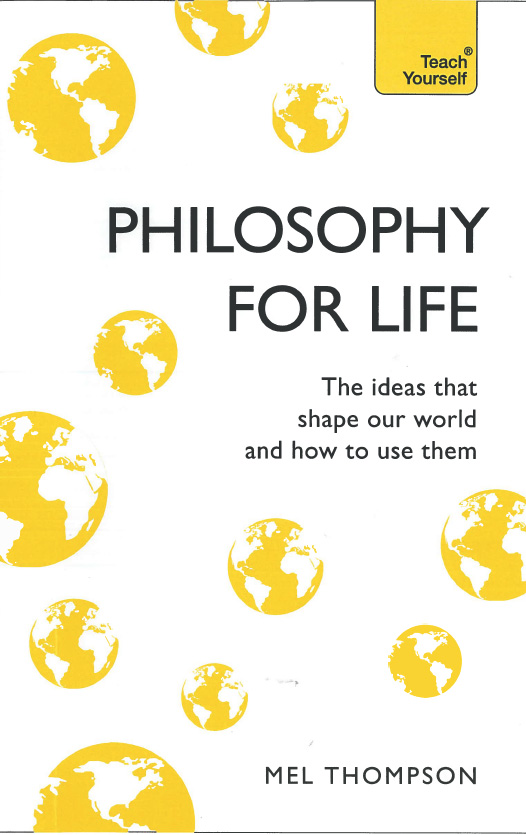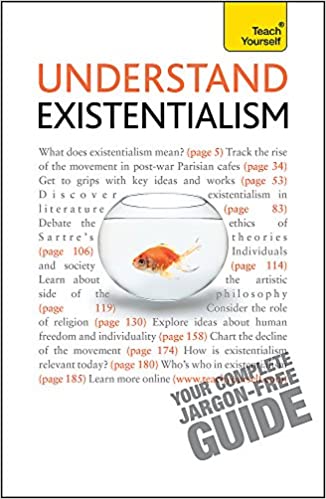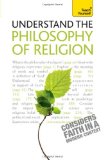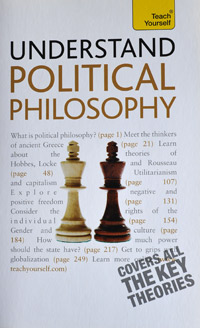Should we acknowledge that all philosophy is (and ought to be) personal?
 Every great philosophy is a confession of its founder, a kind of secret and involuntary set of personal memoirs. - Nietzsche
Every great philosophy is a confession of its founder, a kind of secret and involuntary set of personal memoirs. - Nietzsche
Questions about the meaning of existence and general metaphysical issues about the nature of reality are common to humankind, but the way in which they are articulated and the emphasis given to them will depend to a considerable extent on culture and language. That much is clear from a general perusal within the history of thought – the same questions come round again and again, to be explored afresh in each generation. We may follow Plato’s arguments, or admire the logic of Anselm, struggle with Kant’s language because we know he has been hugely influential, or enjoy the frisson of reading Nietzsche, but still recognise that their approach would not necessarily be the most natural one for us to take today. They write out of their own time and circumstances.
But I think there’s more to it than that. The personal situation, upbringing and emotional outlook of each individual thinker colours his or her thought. I’ve just been reading a selection of Schopenhaur’s essays and aphorisms, and his fundamental pessimism influences everything, even if his cynical eye and wit can amuse. You can agree with the points he makes and yet you also see that they are made in response to his whole approach to life. (Only someone who has failed to get people to buy any of his books can be quite as scathing as Schopenhaur about copyright and the tawdry business of writing for money!) Nigel Rodgers and I explored this personal angle on philosophy in Philosophers Behaving Badly (a misleading title, perhaps, better rendered in the German edition as Philosophen wie vir – since we explored the influence of their personal life on the thought of some of the greatest thinkers without seeking to debunk their work).
However, in the attempt to present a reasoned, coherent argument and be ‘objective’, each thinker tends to bracket out his or her subjective preferences or emotional needs, and it is this bracketing that makes their influence all the more insidious.
This is especially so in the case of the Philosophy of Religion. Let me give you a personal example. My early flirtations with atheism and radical theology and my later interest in Buddhism were exciting because – although at the time I saw them as entirely logical responses to the religious questions – they seemed to offer freedom from what had been a childhood dominated by religious restraint and authority. I was embarrassed to be identified with the unbelievable, and rather than try to compromise and interpret religious ideas in order to stay within the fold, it was far more emotionally attractive to rebel and assert my freedom, adulthood and what I liked to think of as intellectual superiority. But what I presented as the quest for intellectual integrity was to a large extent a quest for emotional integrity. That does not invalidate the arguments I gave for my changed beliefs; it simply accounts for the emotional force that drove my thinking, and the ‘tingle’ I felt when I encountered radical ideas.
Does this matter, if philosophy is primarily about examining the validity of arguments? No. Does it matter if philosophy is primarily about a ‘love of wisdom’ and that wisdom is defined and expressed in terms of the relationship of people to one another, to the world in which they find themselves, and to the sense of their own identity? Yes, it most certainly does.
Each person grapples with questions, or chooses to ignore them, in their own particular way. Problems occur when they fail to acknowledge the impulse that drives their thought. It is not unknown for a scientist, who – within his own field – can be enthusiastic and wax lyrical about nature, to dump even the most basic tenets of scientific objectivity when confronted with questions of religion, just as some thinkers who are personally religious have an instinctive recoil from materialist arguments and (unwisely, in my view) take refuge in some form of Cartesian dualism, in order to keep open the possibility of a non-physical, ‘spiritual’ world.
The assertion that, in the interests of objectivity, we should examine philosophical arguments but ignore the underlying emotional impulse that energises them is no more sensible than concentrating on the harmonic structures of a symphony while attempting to bracket out the emotions expressed through the music. If a national anthem can bring tears to the eyes, it’s not just an appreciation of a particular sequence of notes.
Hence, I think it is important to recognise that philosophy engages us at two different levels, the intellectual and the personal, and we should take that into account when interpreting any original philosophical text.
With the exception (I assume, you may disagree) of mathematics and pure logic, the reading of a philosophical (or any other) text involves, in addition to the words and arguments on the page or screen, both the personal intentions of the author and also those of you, as reader. Why did he or she want to write this? Why do I want to read it? (And if, with a wry smile, those of you in academe mutter something connected with your quota of research articles to stave off threats of funding cuts to your department as a prime motive for writing, or undergraduates hoping for a good degree, job and the ability to pay off student debts as the reason for reading, we are already in personal realms far removed from the philosophical arguments themselves.)
If human thought developed in response to the challenges of a hostile world and the need for social interaction to aid survival (and I know that’s a big ‘If’), thought is at its most real when it is also most relevant to life and the problems that we confront. It should therefore be perfectly valid to ask of any thinker presenting an idea ‘Why are you particularly interested in that question?’ or ‘What do you see as the value in having an answer to that question?’ This being so, what follows? That being the case, how should we respond? The development of highly structured, abstract thought, may be interesting and solve complex questions, but our engagement with it says something about our own personal values. Have you ever experienced boredom or frustration when reading philosophy? Or felt the tingle of excitement as ideas suddenly clarify your former confusions?
From time to time, I escape from the serious work of thinking by opening the ‘Games’ folder and trying my luck at Solitaire; pure displacement activity. I enjoy playing the cards quickly, wondering what I can make of an unpromising initial sequence of cards not of my own choosing, make decisions, adopt strategies, and feel satisfied when the came comes out. It’s pure disengaged mental activity, clean, precise and giving immediate feedback, so unlike the messy jumble of ideas, emotions and circumstances that constitute a human life. And then I just wonder whether some of the most precise, abstract and academic philosophy, along with the elaborately honed disagreements on relatively minor points, is not also a form of displacement activity; an escape from the quest for a ‘love of wisdom’ that is practical and personally challenging.
Back to Philosophy (general) page...

